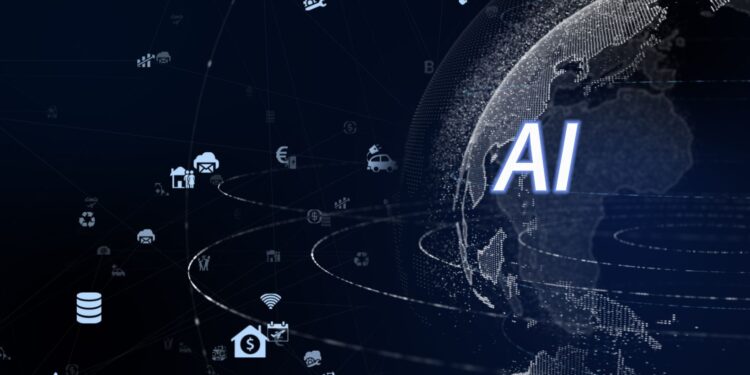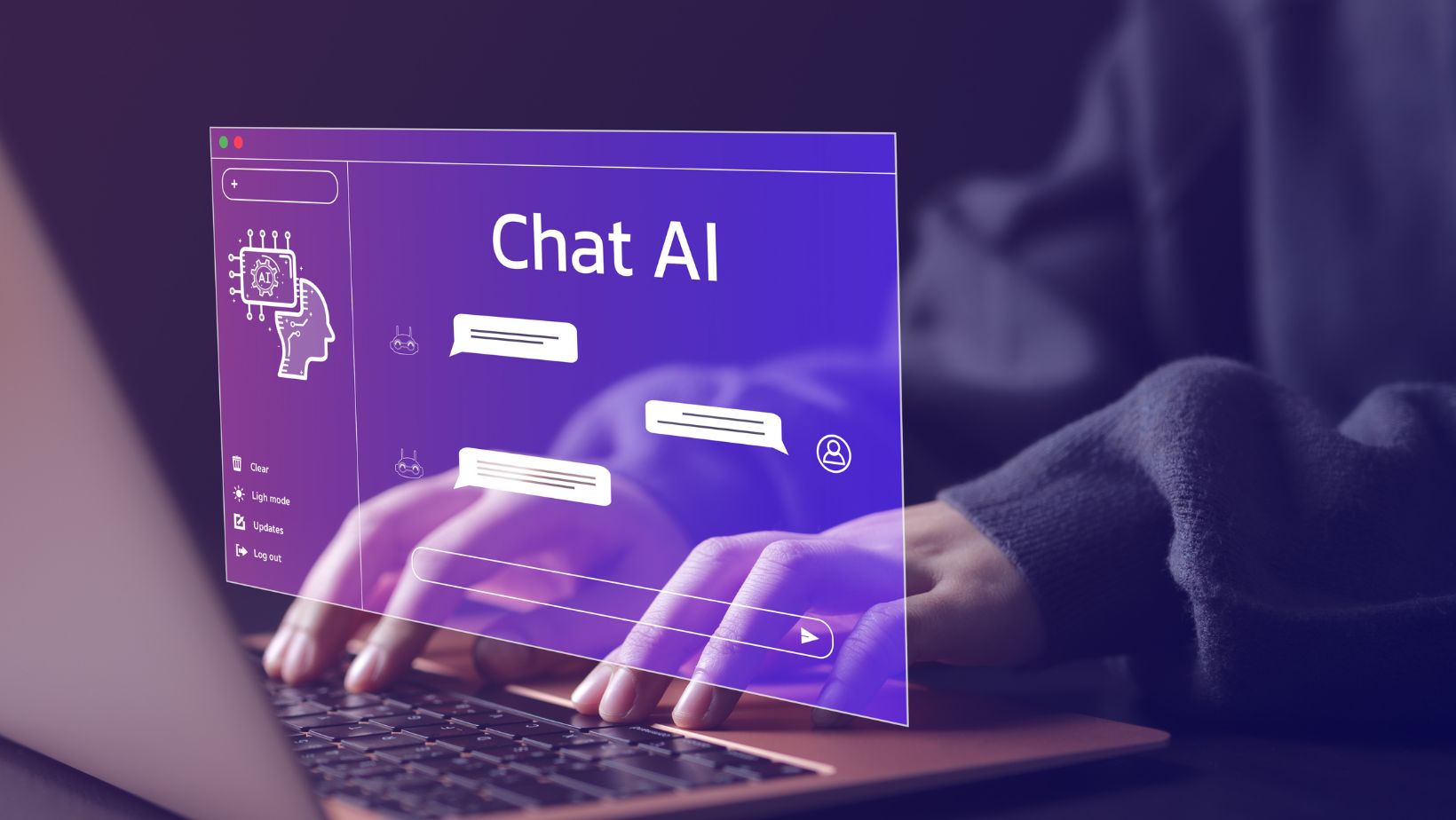The internet is changing quickly, becoming a dynamic, intelligent, and decentralised ecosystem instead of a static information centre. As the 2020s progress, several revolutionary developments are influencing how we communicate, conduct business, and construct online, and they won’t be going away anytime soon. They are currently taking place. Web3, Agentic AI, and Artificial Intelligence (AI) are some of the most important. Each of these technologies is rewriting the norms of digital engagement, opening up new opportunities for people, companies, and societies.
Artificial Intelligence (AI): From Tool to Teammate
The idea of artificial intelligence is no longer limited to scholarly studies or science fiction films. These days, it is a significant force behind innovation in practically every industry. AI is changing how we solve problems and make decisions in a variety of industries, including marketing, healthcare, financial services, and education.
Large language models (LLMs) and generative AI platforms are examples of modern AI systems that can write code, produce films, translate languages, and even develop customised investment plans. They are assisting companies with real-time data analysis, customer experience personalisation, and operational automation.
However, AI is evolving into an interface layer between people and the internet, allowing for more intelligent and natural interactions with technology. It is no longer merely a back-end tool. Consider virtual customer support representatives, voice assistants, and AI-generated content.
Agentic AI: The Rise of Autonomous Digital Workers
The development of agentic AI—AI that can act autonomously to carry out activities on users’ behalf—takes AI to the next level. These are not only script-following bots. Agentic AIs are made to interact with other systems, sometimes even other AIs, make decisions, and work towards objectives.
With little to no human input, an agentic AI assistant may, for instance, manage your online business, respond to emails, plan and produce marketing content, monitor analytics, and even place orders in response to shifting inventory levels. A whole new level of productivity is being unlocked by this degree of autonomy.
Agentic AIs may soon serve as personal investment advisors in the financial services industry, executing deals, rebalancing portfolios, and continuously monitoring international markets—tasks that even human analysts find difficult to perform.
Web3: Redefining Ownership, Identity, and Control
Web3 is changing the structure of the internet itself, whereas AI concentrates on intelligence and automation. Web3 transfers authority from centralised organisations to individual users through the use of decentralised technology such as blockchain.
Web3 allows people to own their data, digital assets, and even their online identity, in contrast to Web2, where data is managed and stored by computer corporations. The emergence of NFTs, decentralised finance (DeFi), and blockchain-based domain names already demonstrates this shift.
However, understanding what exactly is Web3 (source: Freename.com) can be challenging to grasp. This summary of Web3 (source: Freename.com) is an excellent resource that simplifies this idea. It describes the foundations of decentralised networks, how Web3 is powered by blockchain, and why this new internet paradigm is essential for both individuals and companies.
The ability to register brand-based or personal blockchain domain names is one of the most interesting developments in this field; it gives users greater control over their digital interactions and online visibility.
The Convergence: Web3 Meets AI
What occurs when Web3 and AI come together? In a decentralised digital economy, a potent new paradigm emerges in which intelligent systems are capable of acting on their own. Imagine AI bots using blockchain technology to protect your privacy and ownership while administering your smart contracts, confirming transactions, or negotiating agreements on your behalf.
Additionally, this convergence gives creators and businesses more leverage by enabling them to use Web3 technologies to preserve their digital sovereignty while automating commercial processes with agentic AI.














